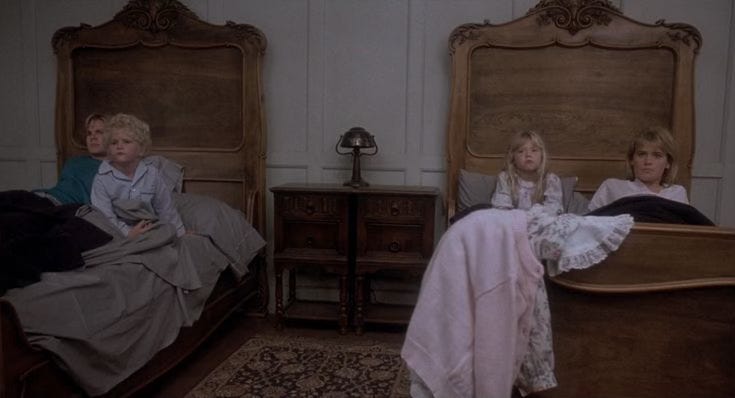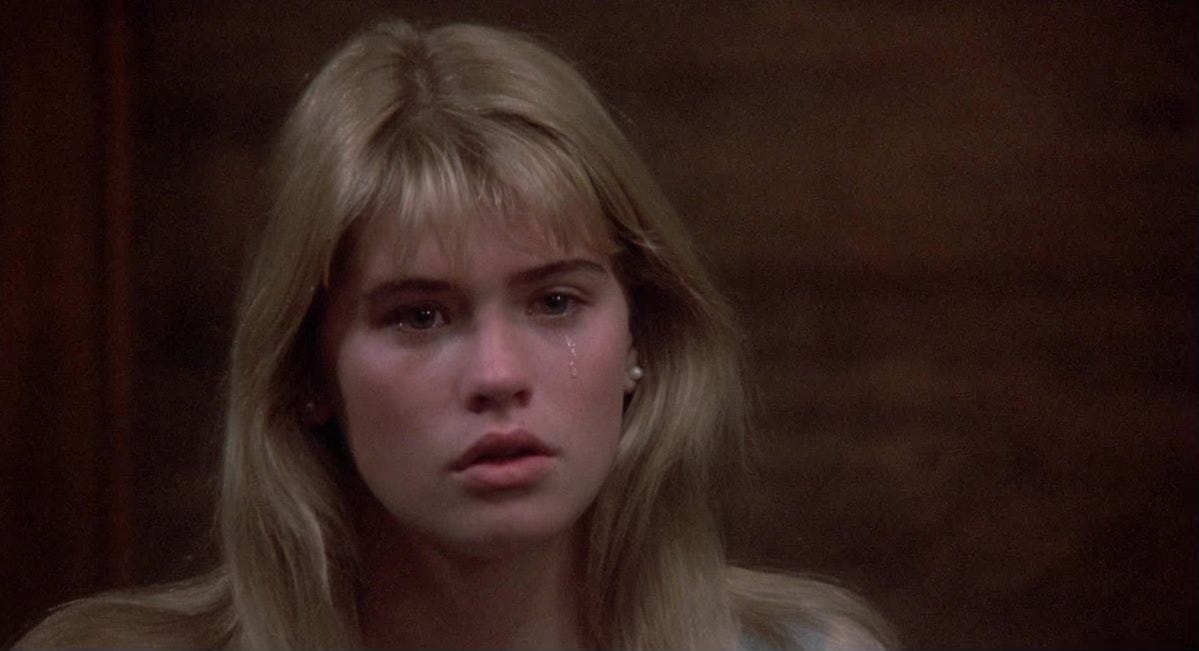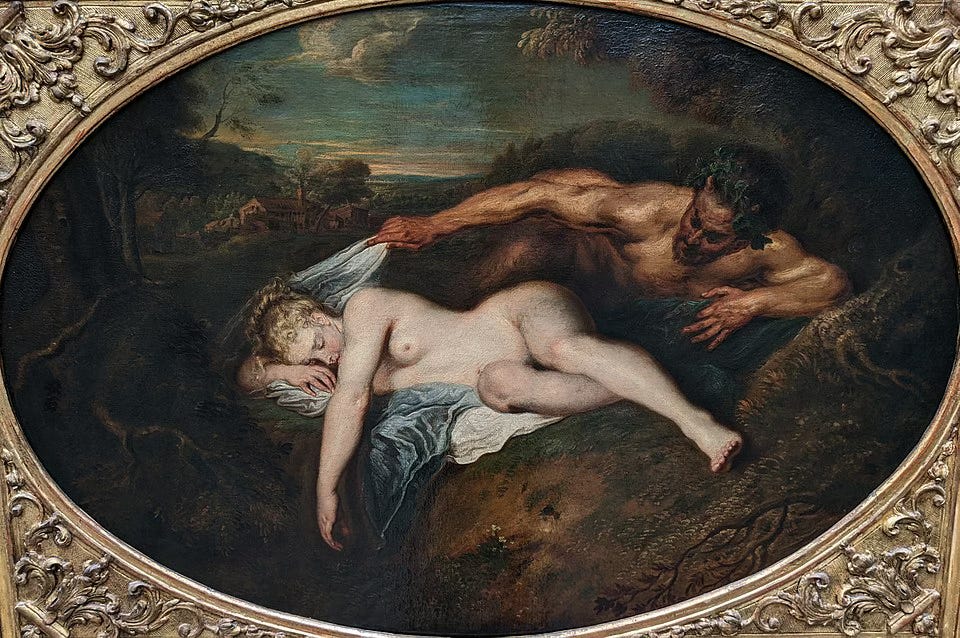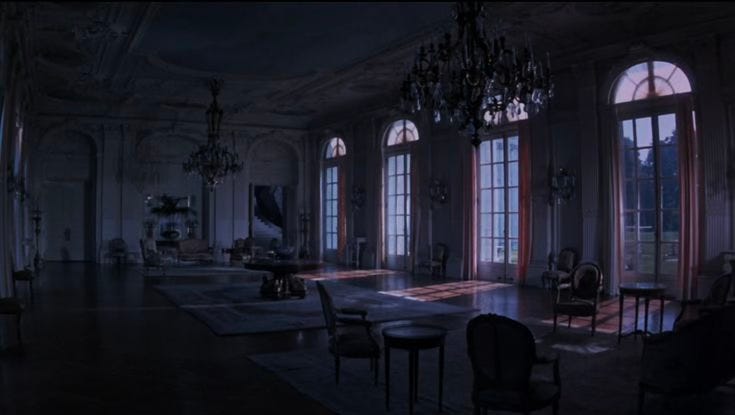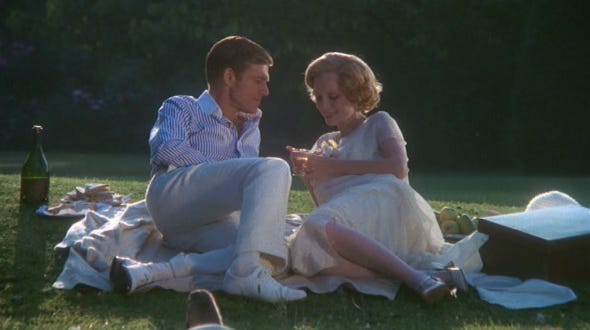Somewhere, Nowhere's Bibles - Part I
In recent months, I’ve had an abundance of time on my hands to reevaluate my personhood; my values, morals, passions… Suffice it to say that the thing which comes back over and over again is LITERATURE. My raison d'être. And so I decided to compile a list of the books which have been spoken for by my soul; my Bibles, if you will. Every lover of literature has such a list of books they couldn’t fathom life without.
These lists aren’t consciously-created ones; instead they’re chosen by whatever force brought their compilers to the art in the first place. The included books are ones that have been read in the most specific of circumstances, which re-reading cannot replicate. They’re ones that are read repeatedly, over the course of one’s life. You might find them beaten and battered by their reader - coffee-stained, covered in black ink and faded highlighter colors, a tapestry of love. It’s something supernatural, it defies logic and reason.
A life-long devotee of the written word, I am lucky to have a handful of many such books. I don’t expect to adequately summarize what they mean to me; even if I could, I wouldn’t want to. The magic of art is far too sacred. All I have to say is that I hope to remind someone what the power of books can be - and what it is.
Needless to say, this will be multiple parts, and the books are in no particular order.
“Until I feared I would lose it, I never loved to read. One does not love breathing.”
―Harper Lee
Flowers in the Attic, V.C. Andrews
If you’re familiar with this book, you’re probably side-eyeing the inclusion of it on this list. I understand that reaction, but I implore you to stick with me. This book has been intricately wound into my soul for so long that I can hardly recall when I first met it. Did I see the 1987 film first, or was my introduction to the story through Andrews’ book? I cannot tell you. What I can say is that this story is far more than what culture has branded it as. It’s spell-binding in its realistic portrayal of a young girl, along with her three siblings, grappling with circumstances that would break down most others.Catherine Dollanganger, our protagonist and the one whose perspective we’re seeing through, is at the start incredibly petty and reactive. She’s spoiled and bratty. She’s largely unlikeable. But as we watch the degradation of the Dollanganger kids’ lives, we see her lose her instinct to lash out at the wrong people wane, and we accompany her as she turns that power into effective protest and protection. Cathy, to me, is both a soul-connection relationship and a little sister whose growth I recognize in my own story.
Andrews’ prose is stunning in its ability to spin words of trauma and suffering into something beautiful. There is no question as to why this novel prevails so long after its release despite such stomach-churning content. It’s not because of the grotesque nature of the events, it’s because Andrews somehow makes them have wondrous appeal - however morbid.“Love . . . I put so much faith in it. Truth . . . I kept believing it falls always from the lips of the one you love and trust the most. Faith . . . it’s all bound up to love and trust. Where does one end and the other start, and how do you tell when love is the blindest of all?”
2. Perfume, Patrick Süskind
This book came into my life through my soulmate-songwriter Kurt Cobain, who treated it as something holy too. Perfume inspired the Nirvana song ‘Scentless Apprentice’, which relentlessly thrashes and wails on its listeners - deeply ironic considering its inspiration’s stunning prose.
A profoundly lonely teenager, I was at once desperate for belonging and unwilling to buy into the ‘American teenager’ facade that would have delivered it to me. Thus, this story of an outcast of a man who becomes revolted by humans, and chooses to remove himself from society entirely, spoke to me to an extent that was both pitiful and freeing.
Jean-Baptiste Grenouille’s aversion to humankind turns dark and twisted, but his innate sadness is undeniable. Süskind’s writing compels us to see the humanity in a person who, for most of the story, is utterly contemptible. Our heart breaks for the circumstances that he is brought up in, culminating in a crescendo of a finale penned with sheer beauty. I read this book over and over as a young teenager. At one point, I was forced to put it on my teachers’ desks during class, as my addiction to it was beyond reason.
Still, while Grenouille’s social revulsion is no longer relatable (growing older means falling in love with humanity), a part of my heart remains attached to this book. I see Grenouille not as a victim of circumstance, but rather a tragic figure who never clung to something worth holding, not truly. Do not mistake these for being the same things. Grenouille’s circumstances were against him, but the real tragedy was his lack of an ability to deem something worthwhile. It was there within his grasp so many times, but he could never move past hatred and tend to it with love. I see Grenouille now as a cautionary tale, one where an unfortunate upbringing can be someone’s downfall, years after it’s an excuse.
“With each new day, he would bottle up inside himself the energies of his defiance and contumacy and expend them solely to survive the impending ice age in his tick-like way. Tough, uncomplaining, inconspicuous, he tended the light of life’s hopes as a very small, but carefully nourished flame.”
3. The Great Gatsby, F. Scott Fitzgerald <3
Again I beg: stay with me!
You probably were forced to read this in high school, and you may have even screened the 1974 film starring a dashing Robert Redford as Jay Gatsby. Hearing the name ‘Gatsby’ likely conjures up memories of CliffsNotes and supressed metaphors about the green light. I get it! But this story is so much more than that, particularly to me, a proud hoarder of six copies of this book.
For us relentless, hopeless romantics, The Great Gatsby is the Twentieth Century’s definitive take on the ‘lost love’ trope, falling in step with Emily Brontë’s Wuthering Heights and Dante’s La Vita Nuova. Fitzgerald doesn’t ask us to scrounge for every possible metaphor, nor does he ask us to painstakingly analyze each paragraph. Rather, he asks us to use Nick Carraway as a vessel for ourselves. Nick takes us into a world so eerily similar to our own, where one will find sentences that feel like receiving a lost letter from younger years. Fitzgerald doesn’t ask us to resonate with the humanity in Gatsby, or Daisy, or even Nick - he asks us to cling to the humanity in ourselves. This, because Fitzgerald knew better than most how easily the broader society could corrupt, possess, and erode us.
The Great Gatsby irrevocably changed my life when I first read it at age 16. I, like most, initially met Gatsby in my high school English class. As I wasn’t in a traditional high school, my liaison with the book wasn’t so either. Jay Gatsby, Daisy Buchanan, Nick Carraway and I all communicated via secret notes back and forth - them through their text and me through my assignments. How quickly I fell in love with them. With Gatsby’s pervasive melancholy, Daisy’s girlish sentiments, and Nick’s natural proclivity for being an outsider. I didn’t have a room full of other students to discuss the book with, or even a teacher to guide me through what I ‘should’ take from it. Unlike many, I was granted the gift of entering Nick’s head without preconceived ideas of what was to come. I urge you to try to do the same. Open this book, forget about your high school reading of it, and instead remember what it meant to feel awkward and heartbroken, with ennui clouding your vision like rose-tinted glasses. Cast aside the green light and everything you’re made to feel that you must understand, and read it for yourself. I promise, it won’t disappoint.
“But his heart was in a constant, turbulent riot. The most grotesque and fantastic conceits haunted him in his bed at night. A universe of ineffable gaudiness spun itself out in his brain while the clock ticked on the wash-stand and the moon soaked with wet light his tangled clothes upon the floor. Each night he added to the pattern of his fancies until drowsiness closed down upon some vivid scene with an oblivious embrace. For a while these reveries provided an outlet for his imagination; they were a satisfactory hint of the unreality of reality, a promise that the rock of the world was founded securely on a fairy’s wing.”
Thank you for stepping into my inner world for a little while. I can’t wait to do it again.
♡

